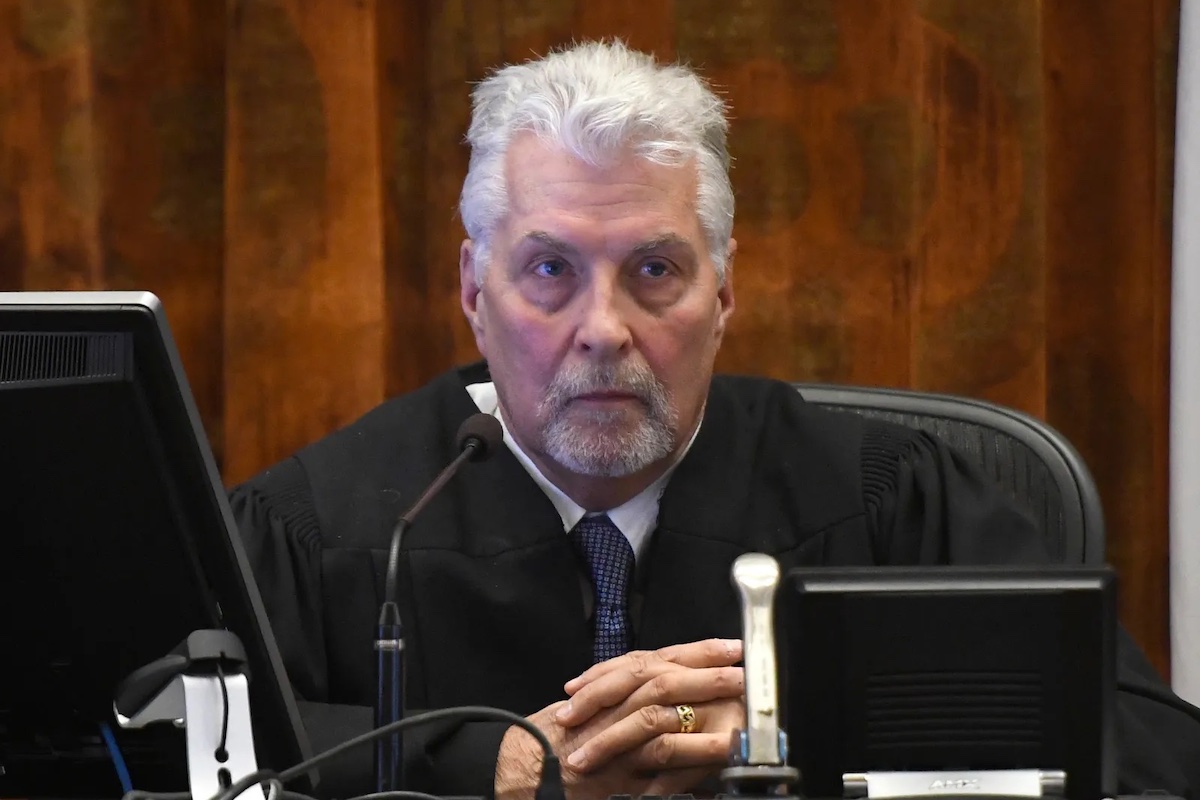Two Retired Santa Barbara Judges Die in Past Week
Judge Dodds Known for Settling Tough Cases While Judge Herman Grabbed Headlines for Fining Plains All American $3.3M for Refugio Oil Spill

In the past week, two retired Santa Barbara Superior Court judges — James Herman and Bruce Dodds — died. Combined, Herman and Dodds accounted for 38 years on the bench.
First elected in 1977, Dodds served until 1998 and was known for a no-nonsense demeanor that some charged bordered on the gratuitously rude. But that style — coupled with the crystal ball he often wielded when dealing with recalcitrant attorneys — helped Dodds settle cases that many at the time thought could not be settled. Off the bench, Dodds played a mean game of tennis and had a lively sense of humor.
In 1995, the Commission on Judicial Performance sought to have Dodds censured for impeding an investigation into fellow judge James Slater, who in 1993 deflated the tire of a handicapped van that had been parked in his courthouse parking space. Dodds reportedly walked by as Slater was letting the air out of the offending van’s tire without saying anything. Later Dodds declined efforts by an investigator with the Sheriff’s Office to interview him and instructed his staff to do likewise. Ultimately, Dodds would talk directly with Slater himself, at which time Slater acknowledged his actions. Dodds appealed his censure to the California Supreme Court, which ruled in Dodds’s favor on the grounds that his conduct was merely prejudicial rather than willful.
Judge Herman was first appointed to the bench in 2005, after starting his legal career with a stint in the Public Defender’s Office and then a long career as a civil litigator. Herman presided over long, technically complex civil cases, but some criminal ones as well. Most notably, Herman fined Plains All American Pipeline Company $3.3 million for having caused the pipeline rupture that led to the Refugio Oil Spill Along the coast in 2015. In that hearing, a jury found the pipeline company guilty of criminal negligence, and the prosecuting attorney had sought a fine of $1.2 billion. Herman expressed doubt that the size of the fine would have much deterrent impact on the pipeline company, but noted it was the maximum amount he could levy. The indictment, he explained, alleged only one day of misconduct, not every day that the company could have and should have known the consequences of its misconduct.



